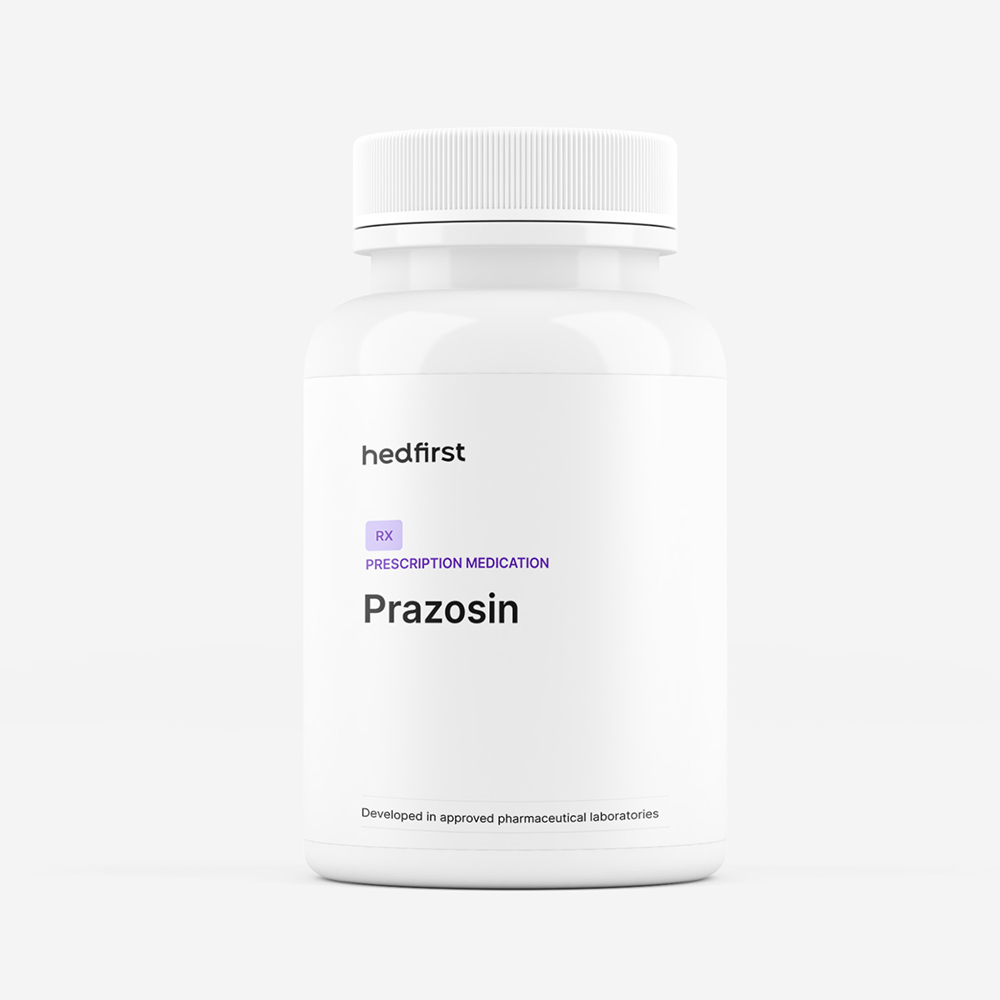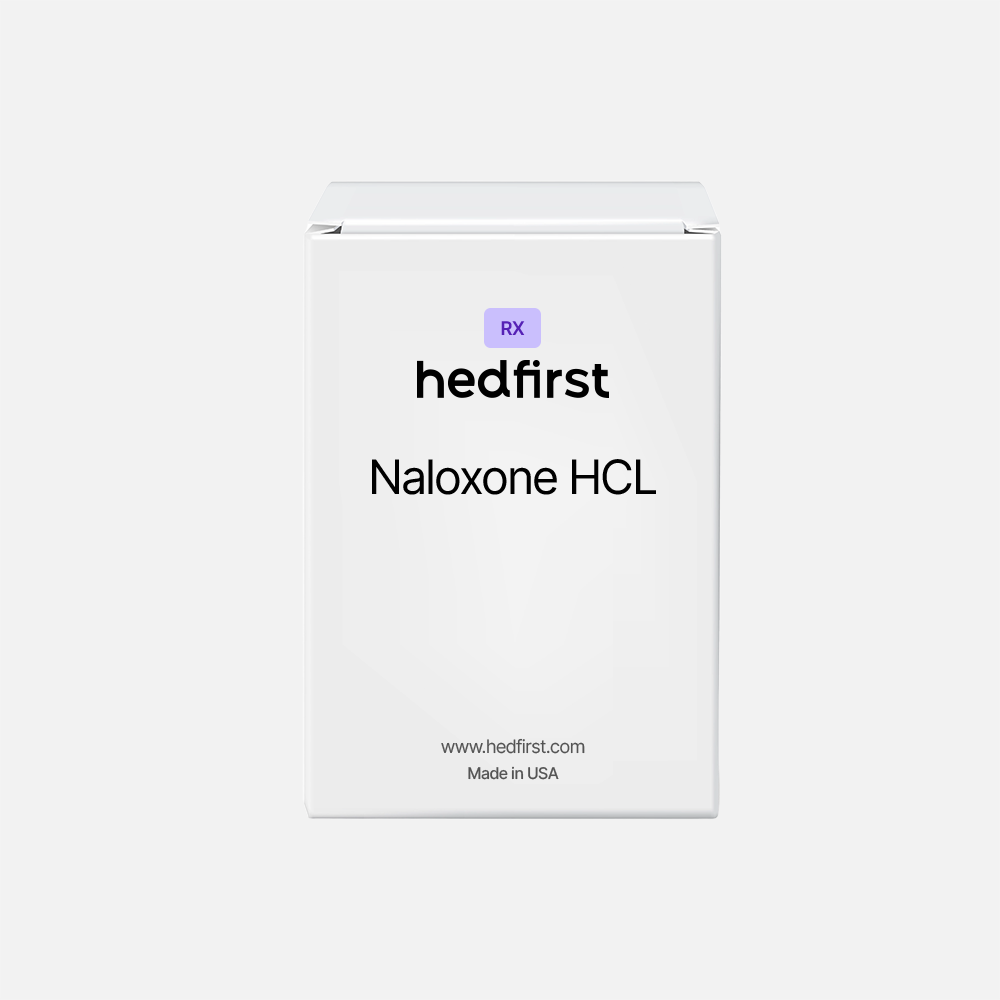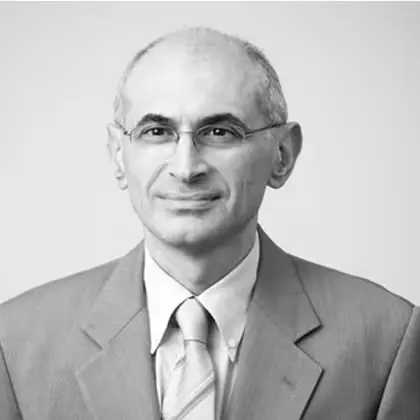Adjustment disorders
Adjustment disorders involve emotional or behavioral symptoms that develop in response to specific life stressors such as job loss, divorce, illness, or major life changes. These reactions are more severe than expected and significantly impair functioning, but typically resolve with time and appropriate support.
Relationship counseling
Relationship difficulties can cause significant stress and impact mental health, affecting communication, intimacy, and overall life satisfaction. Counseling addresses communication patterns, conflict resolution, and relationship skills to improve connections and reduce relationship-related stress.
Burnout recovery
Burnout involves physical and emotional exhaustion from chronic workplace or life stress, leading to reduced performance, cynicism, and health problems. Recovery requires stress reduction, boundary setting, lifestyle changes, and sometimes career modifications to restore energy and engagement.
Grief and loss counseling
Grief is a natural response to loss that can become complicated or prolonged, significantly impacting mental health and daily functioning. Supportive counseling helps individuals process loss, develop coping strategies, and find meaning while honoring their loved ones and rebuilding life.
Mental performance enhancement
Mental performance enhancement aims to optimize cognitive function, focus, and mental clarity through targeted interventions and lifestyle modifications. This approach combines nutritional support, stress management, sleep optimization, and cognitive training to maximize mental capabilities and productivity.
Substance abuse support
Substance abuse and addiction require comprehensive treatment addressing both physical dependence and underlying psychological factors. Support includes detoxification coordination, therapy, relapse prevention, and ongoing recovery maintenance through evidence-based addiction treatment approaches.
Eating disorder recovery
Eating disorders including anorexia, bulimia, and binge eating disorder require specialized treatment addressing both psychological and physical aspects. Recovery involves therapy, nutritional rehabilitation, medical monitoring, and family support through comprehensive eating disorder care.
Social anxiety disorder
Social anxiety disorder involves intense fear of social situations and being judged by others, leading to avoidance behaviors that can significantly impact relationships, career, and quality of life. Treatment includes cognitive behavioral therapy, exposure therapy, and social skills development.
Emotional eating support
Emotional eating involves using food to cope with stress, anxiety, depression, or other emotional states rather than physical hunger. Treatment addresses underlying emotional triggers and develops healthier coping mechanisms through therapy and behavioral interventions to restore mindful eating patterns.
Bipolar disorder support
Bipolar disorder involves alternating episodes of mania/hypomania and depression that require ongoing management and mood stabilization. Comprehensive care includes medication management, therapy, mood tracking, and lifestyle strategies to maintain stability and prevent episodes.
Post-traumatic stress disorder
PTSD can develop after experiencing or witnessing traumatic events, causing flashbacks, nightmares, severe anxiety, and avoidance behaviors. Comprehensive treatment includes trauma-focused therapy, EMDR, and medication management to help process trauma and restore normal functioning.
Seasonal affective disorder
Seasonal Affective Disorder (SAD) involves depression that occurs during specific seasons, typically fall and winter, due to reduced sunlight exposure. Treatment includes light therapy, lifestyle modifications, and sometimes medication to improve mood and energy during darker months.
Obsessive-compulsive disorder
OCD involves intrusive thoughts (obsessions) and repetitive behaviors (compulsions) that significantly interfere with daily life. Treatment focuses on exposure and response prevention therapy, cognitive behavioral techniques, and medication management to reduce symptoms and improve functioning.
Panic disorder
Panic disorder involves recurrent panic attacks characterized by intense fear and physical symptoms like rapid heartbeat, sweating, and shortness of breath. Treatment helps individuals understand panic attacks, develop coping strategies, and reduce frequency through therapy and medication when appropriate.
Sleep disorders and mental health
Sleep disorders including insomnia, sleep apnea, and restless leg syndrome can significantly impact mental health, mood, and cognitive function. Treating underlying sleep issues often dramatically improves mental well-being and overall brain health through comprehensive sleep optimization strategies.
Stress optimization
Chronic stress can negatively impact physical health, mental well-being, and overall quality of life, leading to various health problems if left unmanaged. Stress optimization involves identifying stressors, developing healthy coping strategies, and implementing relaxation techniques to improve resilience and life balance.
Anxiety disorders
Anxiety disorders involve excessive worry, fear, and physical symptoms that interfere with daily life and functioning. Comprehensive treatment addresses both psychological and physical aspects through therapy, medication when appropriate, and coping strategies to reduce anxiety and improve quality of life.
Attention and focus disorders
Attention and focus difficulties can significantly impact work performance, relationships, and quality of life, often stemming from ADHD, anxiety, stress, or other underlying conditions. Comprehensive evaluation and treatment can dramatically improve concentration, productivity, and cognitive function through targeted interventions.
Performance anxiety
Performance anxiety can occur in various situations including work presentations, athletic competitions, or intimate encounters, creating a cycle of worry that can impair actual performance. Treatment focuses on cognitive behavioral techniques, relaxation strategies, and sometimes medication to reduce anxiety and improve confidence.
Depression management
Depression is a serious mental health condition characterized by persistent sadness, loss of interest, and impaired daily functioning, affecting millions of people worldwide. Evidence-based treatment includes therapy, medication, lifestyle interventions, and ongoing support to help individuals regain emotional balance and life satisfaction.
Get depression management care


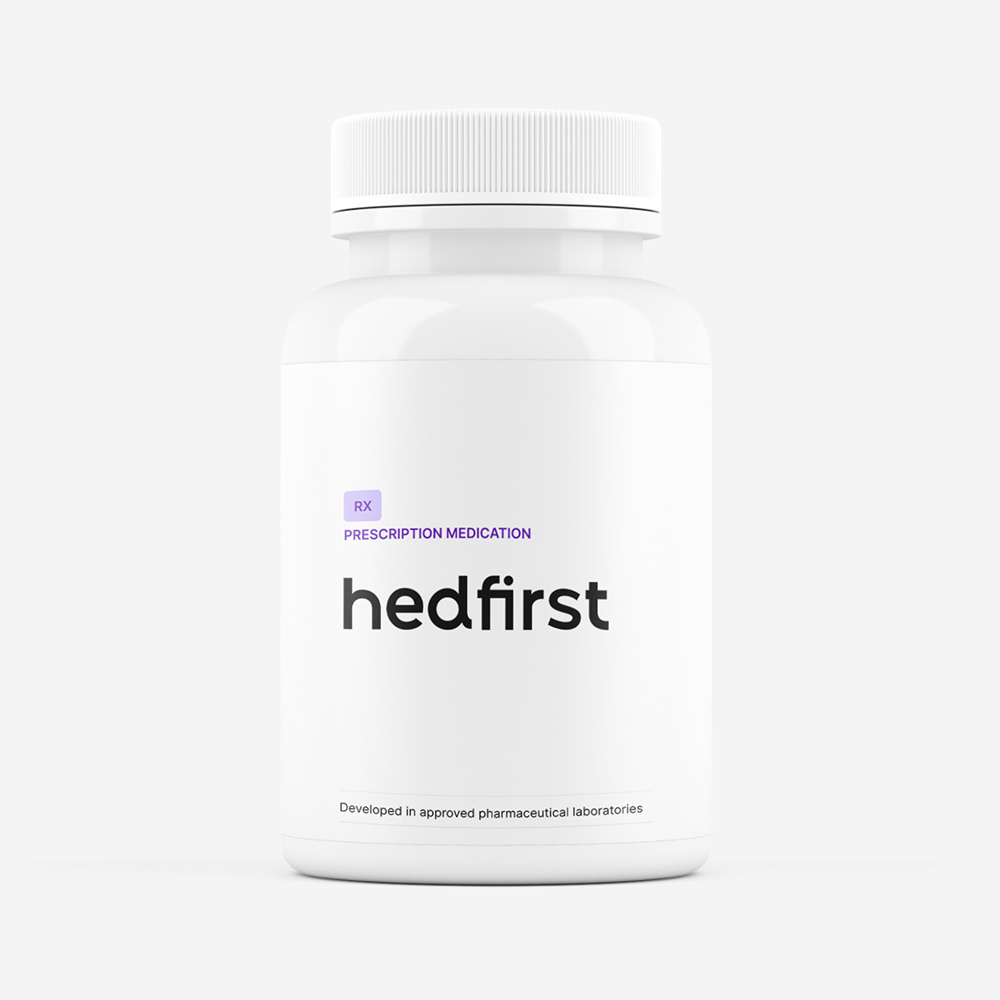
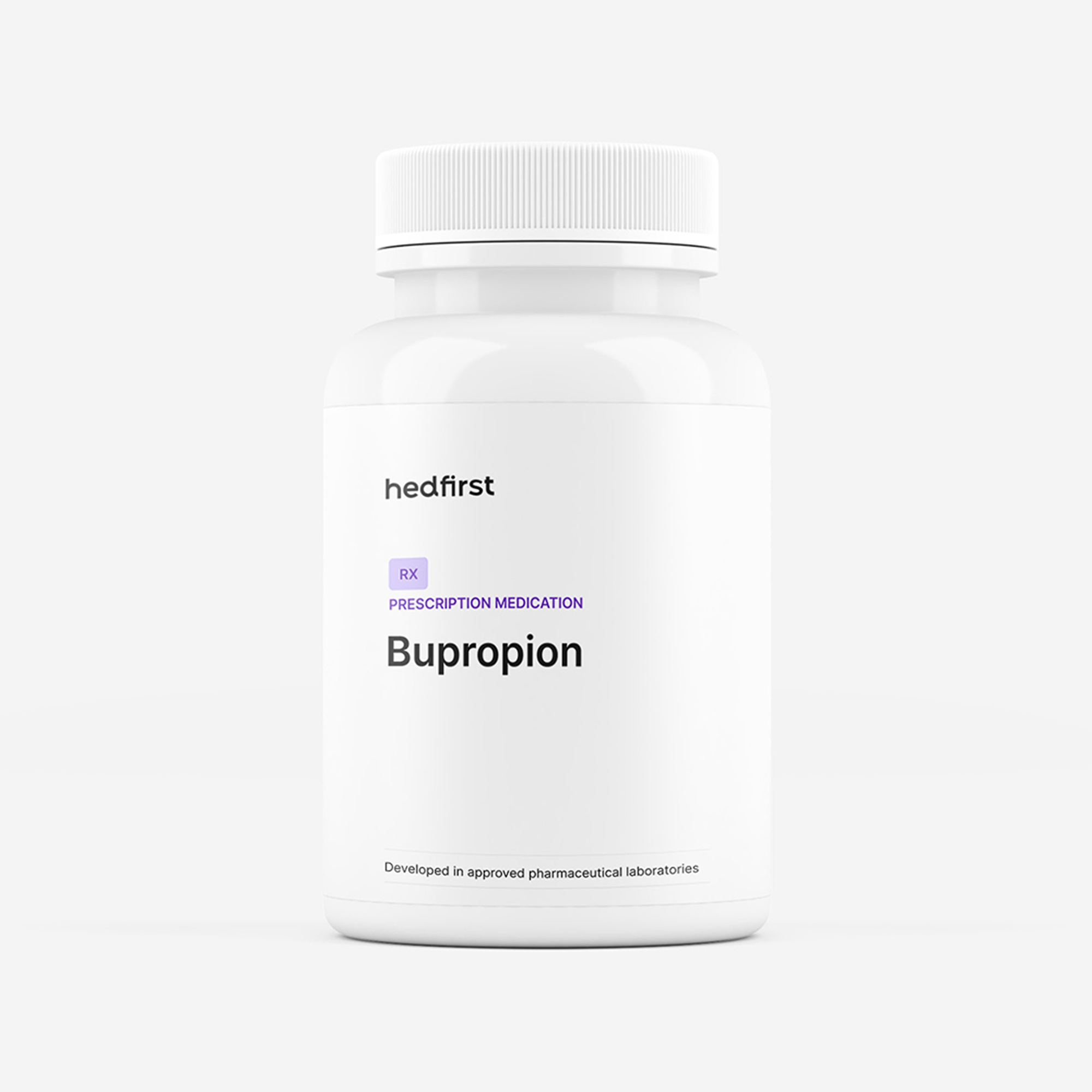
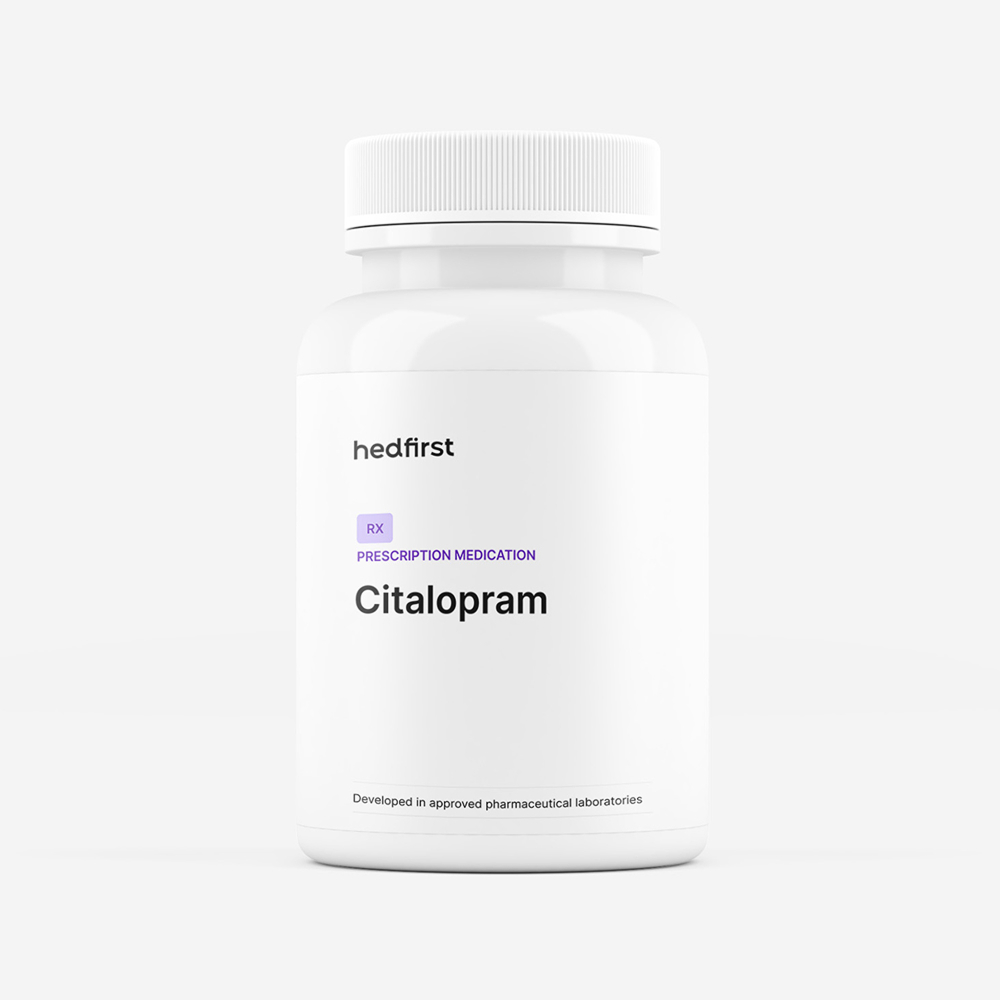
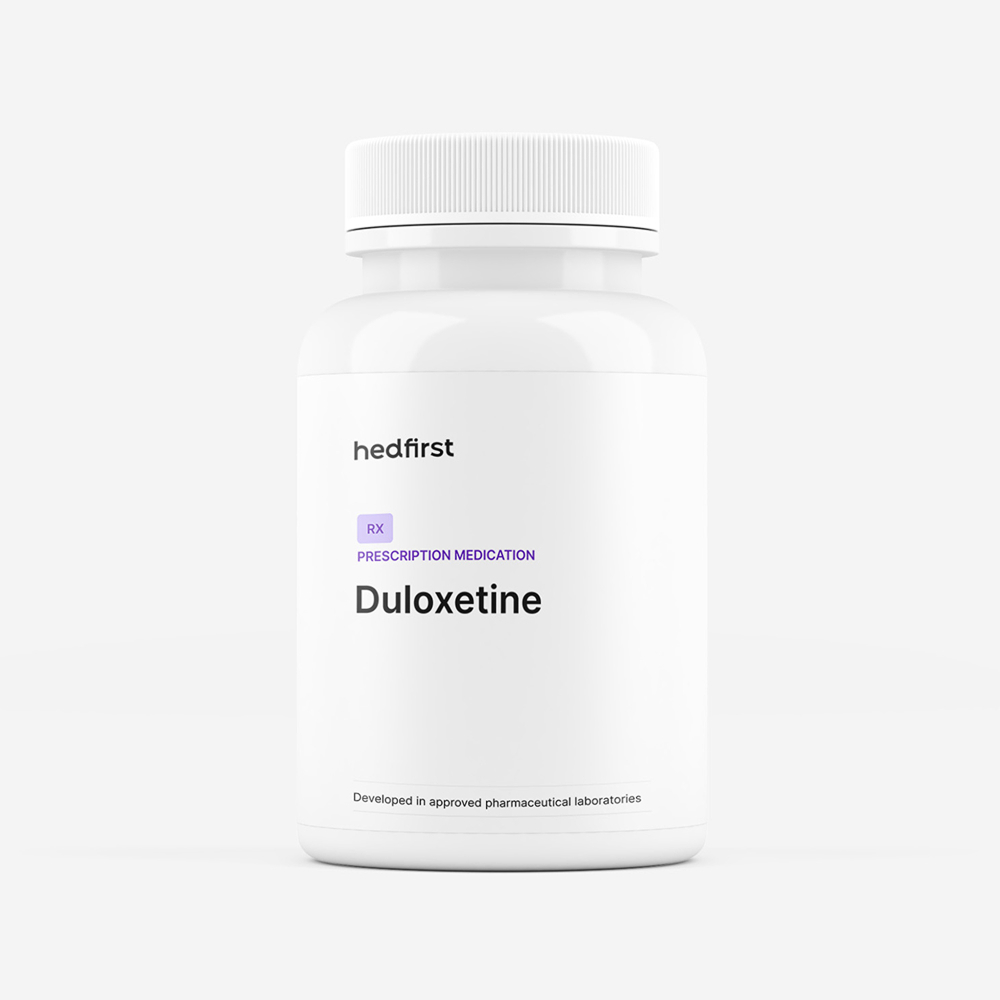
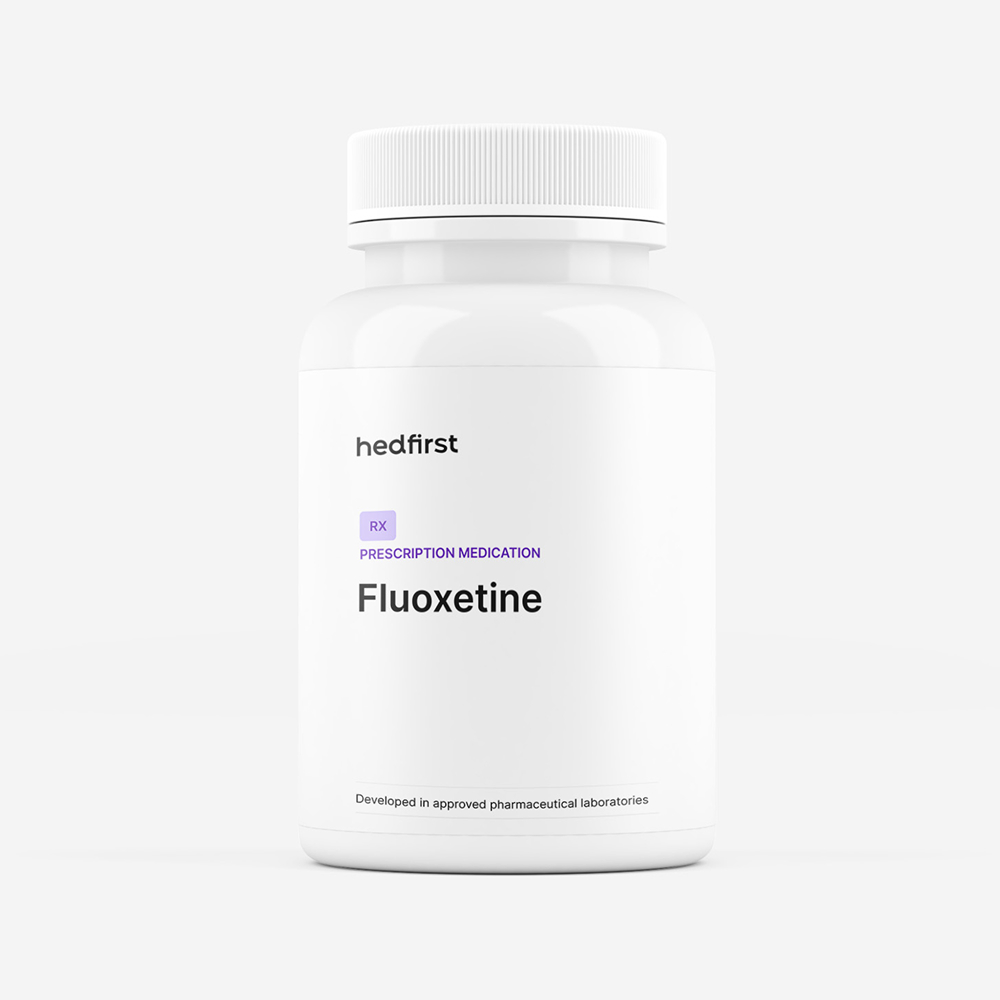
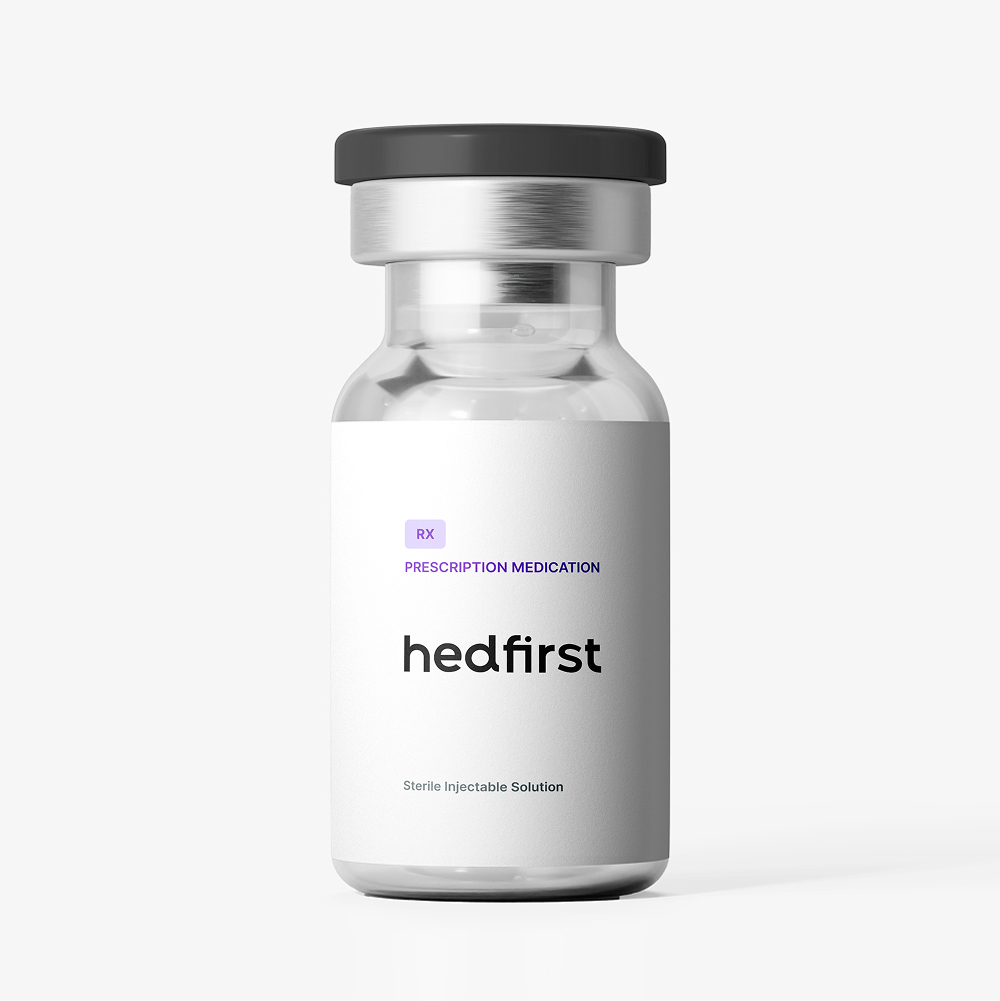
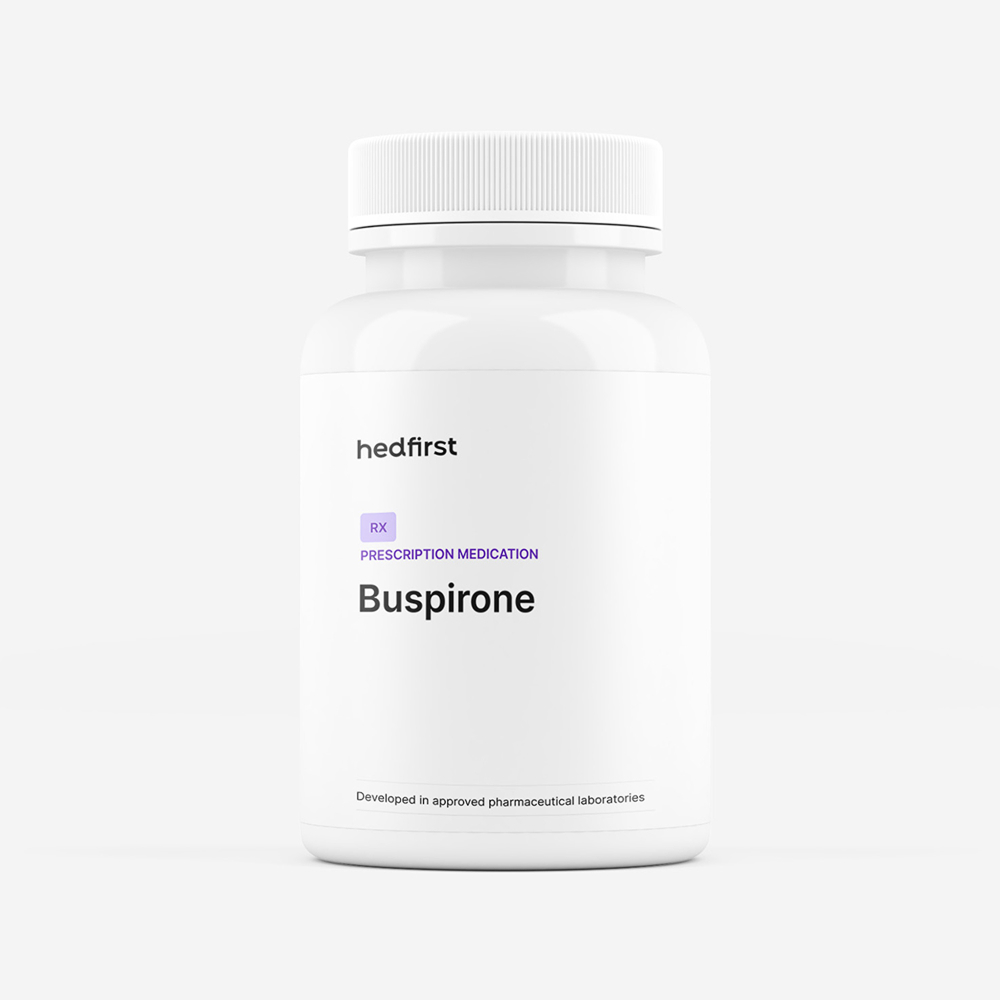

.jpg)

